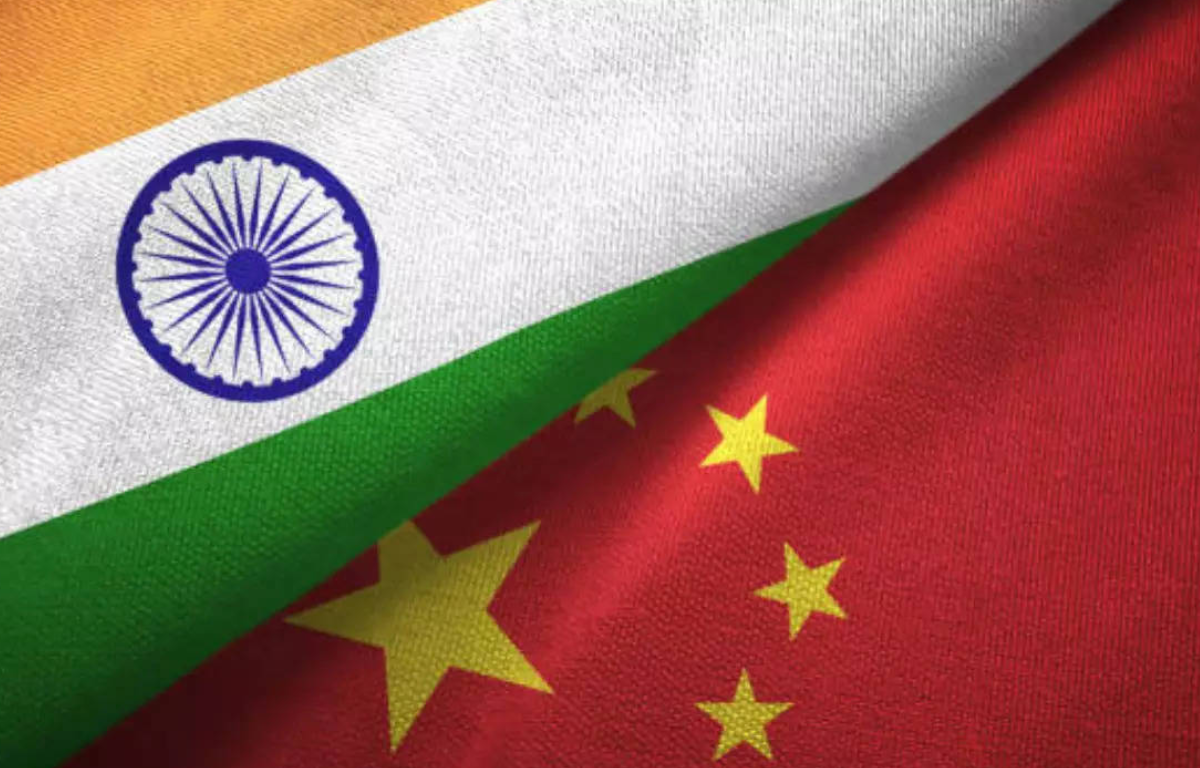
China and Pakistan have shared a strong alliance for decades. This relationship has seen significant economic investments, particularly under the China-Pakistan Economic Corridor (CPEC) project. China has invested heavily in Pakistan’s infrastructure, including roads, ports, and power generation, as part of its Belt and Road Initiative (BRI). This collaboration was viewed as a cornerstone of China’s foreign policy and Pakistan’s economic development.
One of the key areas of cooperation between China and Pakistan has been energy. Pakistan’s chronic energy shortages were partially alleviated through CPEC investments in power generation. However, recent reports suggest that Beijing has been hesitant to expand its energy-related investments in Pakistan. This hesitation may be due to concerns over the financial sustainability of CPEC projects and Pakistan’s ability to repay loans.
Water scarcity is a growing concern in both China and Pakistan, and cooperation in water management has been another significant aspect of their relationship. The Indus River, which flows through both countries, is a critical water source for Pakistan. China has built several dams on its side of the river, and there were expectations of further collaboration in this area. However, it appears that China is now prioritizing its own water management needs over those of Pakistan.
Climate change is a global challenge that affects all nations. China has taken significant steps to address its own environmental issues, such as air pollution and carbon emissions. However, its commitment to global climate efforts and cooperation with Pakistan in this regard has come into question. The success of climate initiatives often depends on international partnerships, and if China scales back its involvement with Pakistan, it could hinder progress on climate-related issues in the region.
Several geopolitical factors may be contributing to China’s shifting stance towards Pakistan. China’s growing influence in the region, particularly in relation to India, could be affecting its priorities. Additionally, China’s need to manage its international image and address concerns about the debt burdens of BRI projects may be leading to a more cautious approach in its dealings with Pakistan.
The cooling of China-Pakistan relations in critical areas like energy, water, and climate cooperation could have significant implications for Pakistan. Pakistan has come to rely on China’s support for its economic development and infrastructure projects. A reduction in Chinese investment or cooperation could hinder Pakistan’s ability to address its pressing energy and water challenges and mitigate the impacts of climate change.
The China-Pakistan relationship has historically been characterized by warmth and cooperation, particularly in areas of economic development. However, recent reports suggest that this honeymoon phase may be waning, with China showing reluctance to expand cooperation in key sectors such as energy, water management, and climate change. The reasons for this shift are multifaceted and may involve economic, geopolitical, and environmental factors. The implications for Pakistan are significant, as it relies on China for critical infrastructure and economic support. How these dynamics evolve will undoubtedly shape the future of this important regional relationship.










Share this: